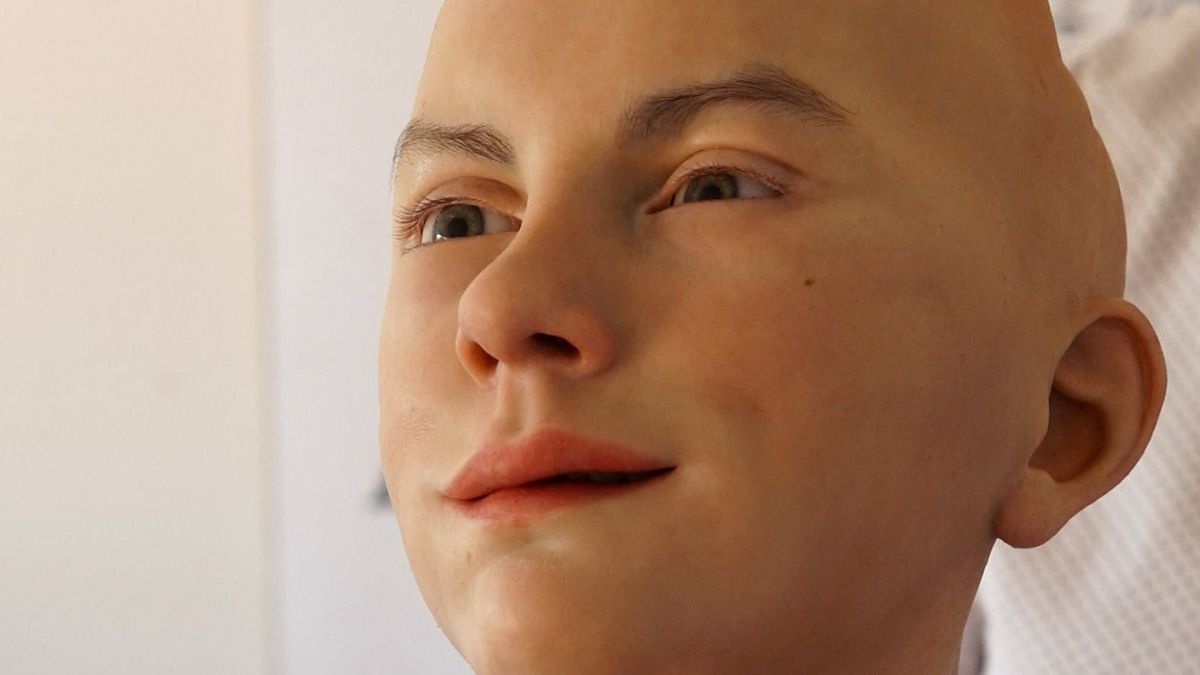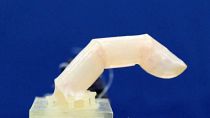Could you picture yourself sharing office space with a robot? It may sound like an episode of a televised sci-fi fantasy show, but the workplace of the future could come to rely on robots that are specially adapted to interact with people.
The term 'cobot' is a portmanteau of 'collaborative robot', a robot designed for human interaction. Cobots operate alongside people within the same space, unlike traditional industrial robots, which would typically be isolated from staff for safety reasons.
"If you think of a factory in the last two decades, the robot was in one place, and the humans were in a completely separate place," explains Khalifa Al Qama, the Director of Dubai Future Labs, which specialises in robotics and automation. "We see that this is going to change in the next five years; robots will be able to exist next to people in our living spaces – whether in our homes or our factories or offices – and know how to navigate safely around us."
In the workplace today, cobots can automate manual processes common to many industries. In addition, they can be allocated jobs that humans don't want to do, including repetitive, tedious, dirty or dangerous tasks.
Injury reduction is one of the key benefits of working with cobots. Any processes that require strenuous lifting or repetitive movement can be carried out by cobots. Contact with harmful objects, dangerous machines and tools can also be avoided with the use of cobots. As a result of reducing injuries, staff absenteeism decreases.
"Robots are now allowing us to expand what humans can do and amplify our capability," says Al Qama. "[Cobots] will be able to walk with an engineer or walk with office staff and carry things around. You would place things on these collaborative robots, and they would be able to know where they needed to take these objects all by themselves."
Cobots offer far higher levels of consistency than humans do, too. For processes that require a high degree of precision, cobots can reduce errors in production, representing significant cost savings. In addition, saving employees' time allows them to focus on more skilled and creative work.
Cobots tend to be more compact and lightweight than conventional robot models, and they can be integrated with different tools for different tasks making them more adaptable in the workplace.
While earlier automation solutions require experienced engineers or programmers to establish operations, newer cobots are more user-friendly, and frontline workers can learn how to programme them with online training modules. Upskilling employees in this way can lead to greater job satisfaction.
Al Qama believes future cobots can even programme themselves: "Robots of the future will be able to interact with us in a more intuitive manner. [We'll] be able to hold the robot and tell it exactly what it needs to do. It will understand and programme itself."
The introduction of cobots has led to the establishment of several cobot safety risk assessment firms, which warn of potential dangers. Despite cobots often being marketed as safe to use straight from the box, consideration should be given to the risks that may occur during a cobot's cycle of functions and the attachment of its tools. In many countries, this risk assessment is a legal requirement; before shaking hands with your new cobot colleague, it would be prudent to ensure your employer has carried one out.
For more, please visit the Destination Dubai hub on Euronews.com






